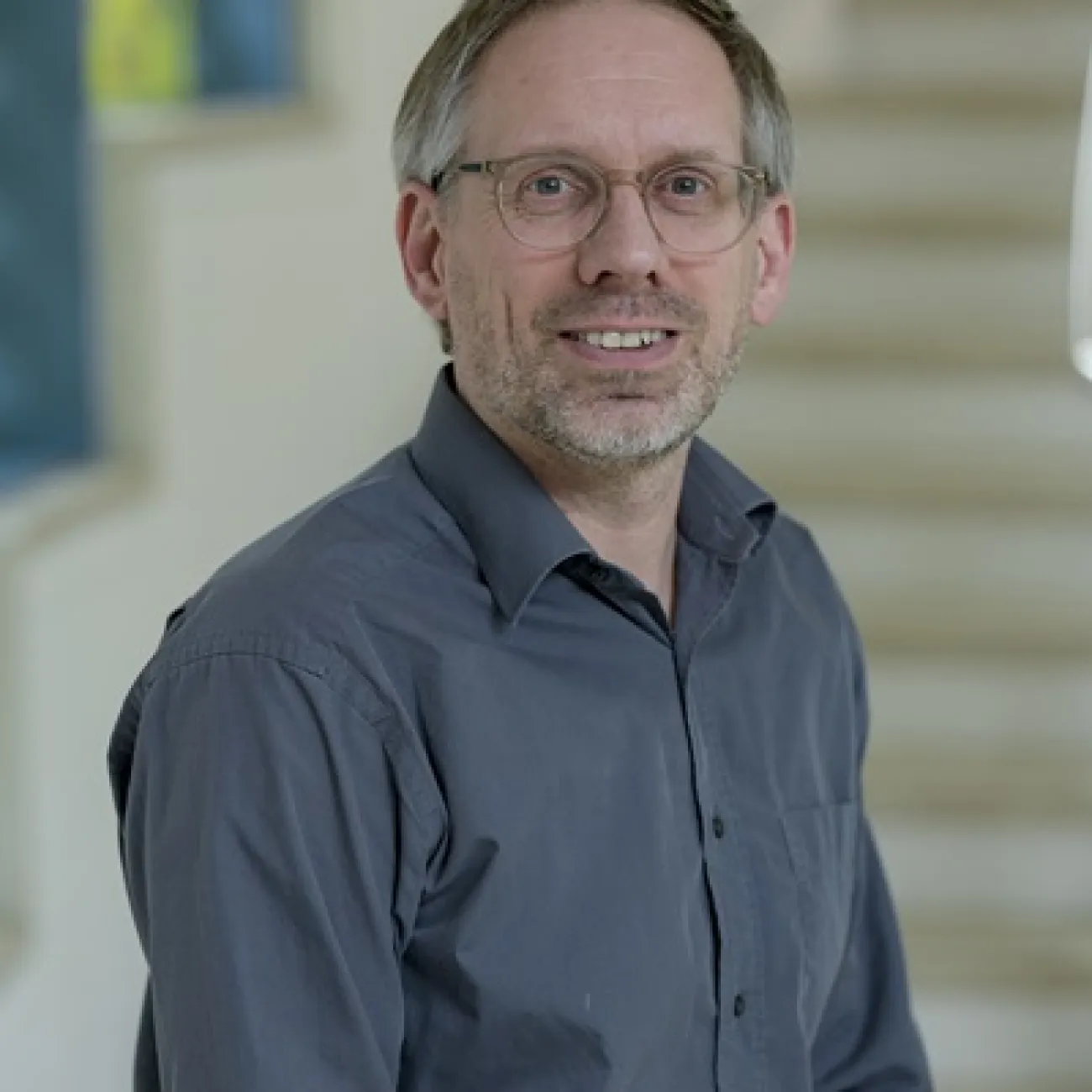Research
Research groups
Research interests
- crystal structure prediction
- materials discovery
- computational chemistry
- NMR crystallography
- energy landscapes
Current research
His research concerns the development of computational methods for modelling the organic molecular solid state. A key focus of this work is the prediction of crystal structures from first principles; his research group applies these methods in a range of applications, including pharmaceutical solid form screening, NMR crystallography and computer-guided discovery of functional materials.
Graeme is the author or co-author of over 150 publications, including 5 book chapters. He acts as Associate Editor for the Royal Society of Chemistry (RSC) flagship journal Chemical Science, and serves on the advisory board for the RSC’s journals Molecular Systems Design and Engineering and RSC Mechanochemistry, is on the steering committee of the UK Materials Chemistry High End Computing Consortium and is a member of the EPSRC peer review college. Graeme was awarded the CCDC Chemical Crystallography Prize for Younger Scientists in 2006 and the Molecular Graphics & Modelling Society, Silver Jubilee Prize in 2008, both for his contributions to crystal structure prediction methodologies, and the 2023 RSC Corday-Morgan Prize for pioneering the development of computational methods for guiding the discovery of functional molecular crystals. His current research is funded by the Engineering and Physical Sciences Research Council (EPSRC), the European Research Council (ERC) and a range of industrial collaborations. He leads the ERC Synergy Grant ADAM – Autonomous Discovery of Advanced Materials (2020-2027), combining predictive computational methods, automation of materials discovery and robotics.
